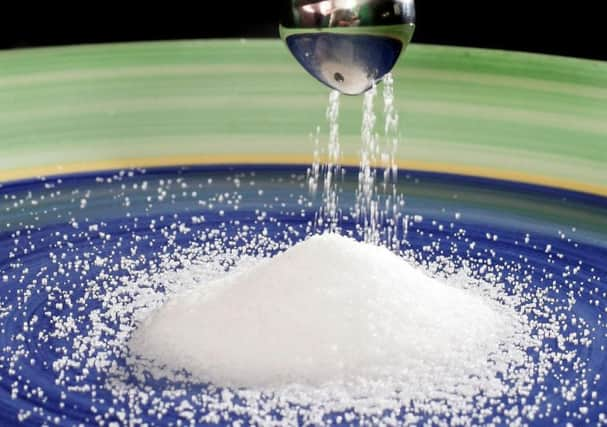Deaths caused by '˜national tragedy' of high salt intake, campaigners warn


Almost half of voluntary Government targets to reduce excessive salt content - linked heart attacks and strokes - were missed during 2017.
A report by Public Health England (PHE) points to a “mixed picture” of how the food industry responded to the targets, introduced in 2014, with many food products containing dangerous high levels of sodium.
Advertisement
Hide AdAdvertisement
Hide AdProfessor Graham MacGregor, of campaign group Action on Salt, said: “Such poor progress in PHE’s attempt to reduce salt intake is a national tragedy.
“As a result, thousands of unnecessary strokes and heart attacks have occurred and billions of pounds wasted by the NHS, and tragically more than 4,000 premature deaths per year have occurred.”
Retailers made more progress than manufacturers towards achieving targets, meeting 73 per cent compared with manufacturers achieving 37 per cent.
Breakfast cereals, fat spreads, baked beans, pizzas, cakes, pastries, fruit pies and other pastry-based desserts, pasta, quiche, processed potato products, stocks and gravies met the average targets.
Advertisement
Hide AdAdvertisement
Hide AdMeat products were the saltiest, with no average targets met and 43 per cent of products with salt levels above the maximum. Ready meals, soups, biscuits, rice, other cereals and meat alternatives did not meet any average targets. Dr Alison Tedstone, PHE Chief Nutritionist, said: “While we have seen some progress, those that have taken little or no action cannot be excused for their inactivity.”
Overall, 81 per cent of products consumed in the home had sodium levels at or below their maximum target. For food eaten out of the home, 71 per cent of products were below the maximum.
The Government said it will announce its next steps for salt reduction by Easter 2019.